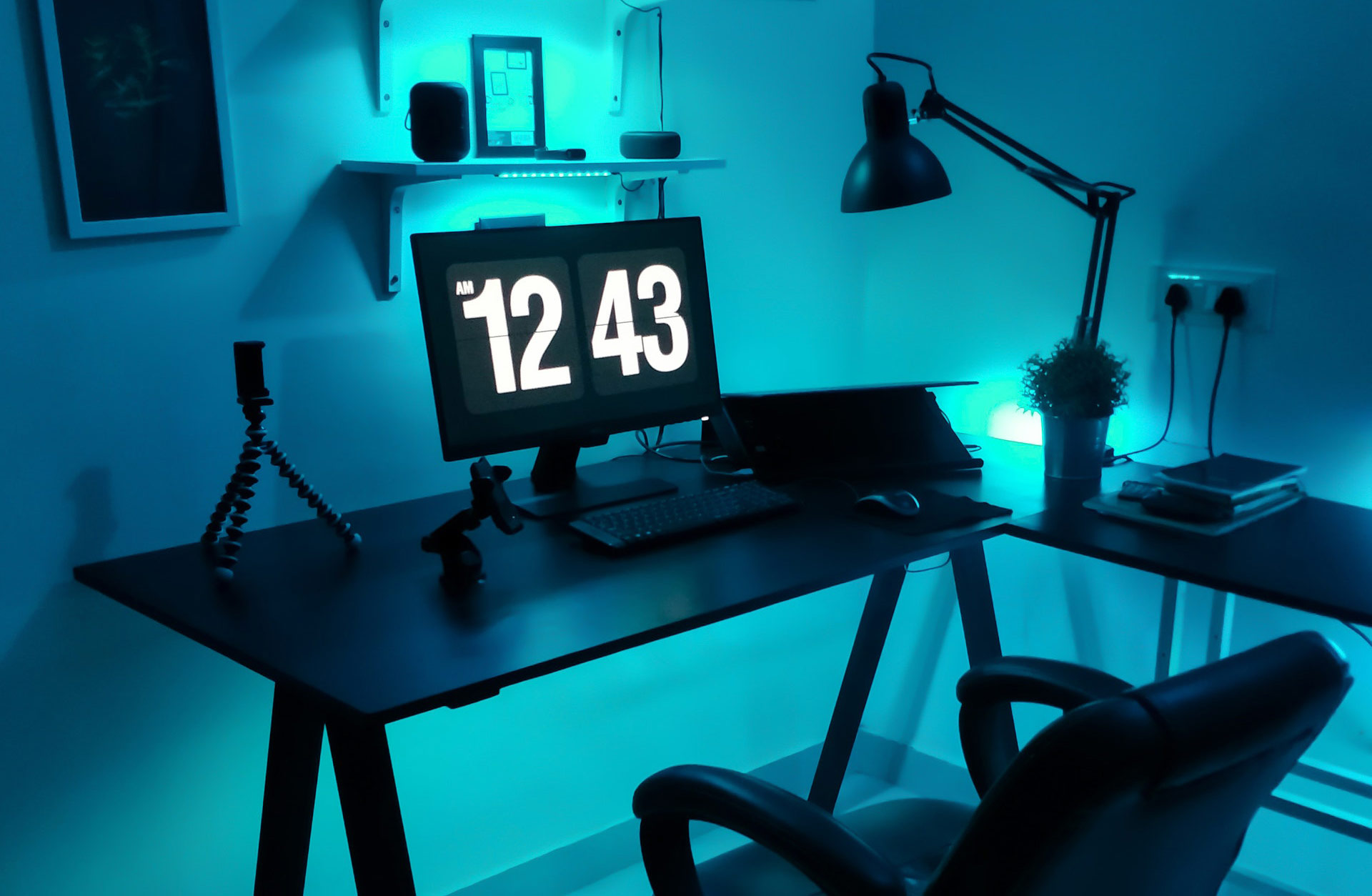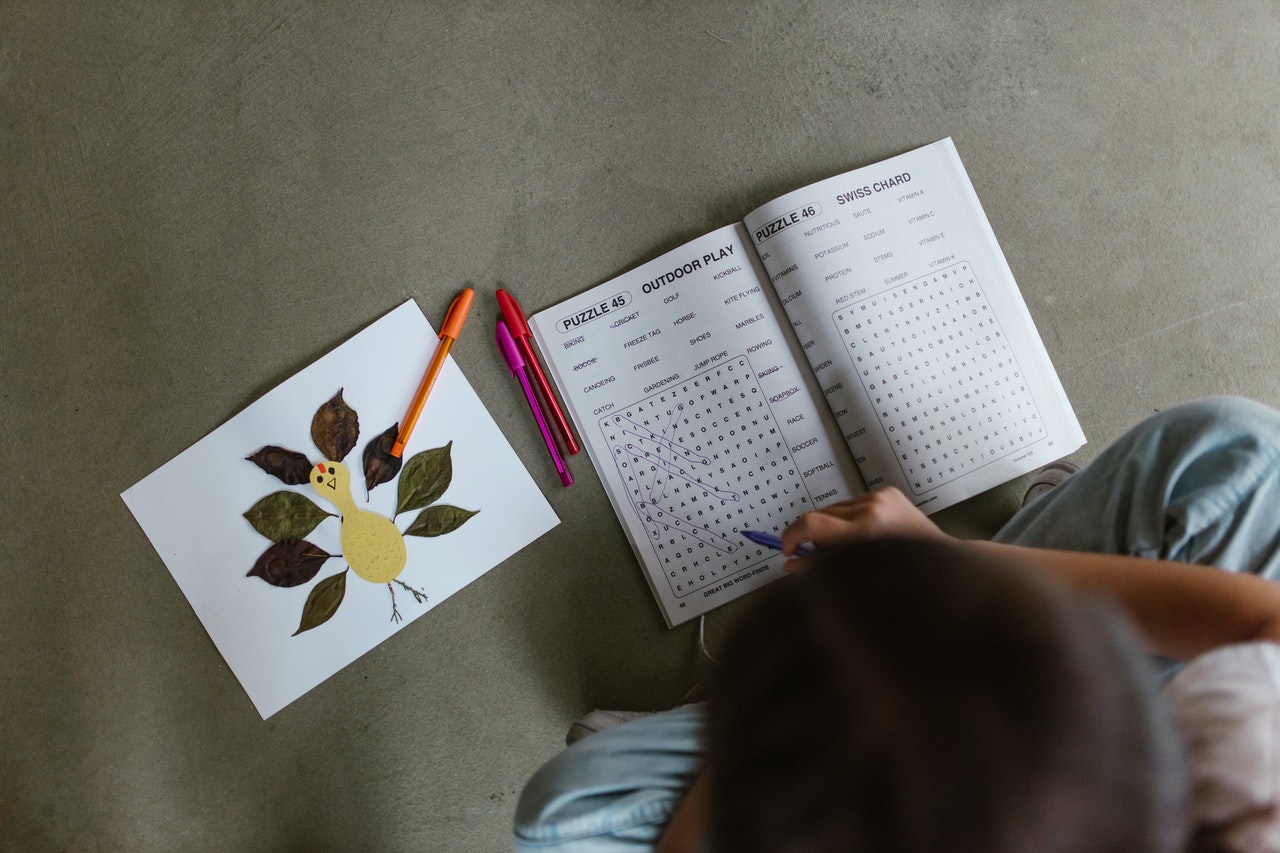Revoola how we help students – Calling all high school and university students… As anyone who has ever tried to focus on a task knows, it can be difficult to maintain concentration for extended periods of time. Whether we’re trying to finish a work project or study for an exam, there are always distractions that can pull us away from what we’re trying to do.
However, there are a few things that we can do to stay focused. One helpful tool is the Revoola app, which allows users to adopt and maintain good health and fitness habits to improve clarity. The app’s meditation and sleep techniques offer the tools to stay calm and rested, making it easier to focus on what you’re doing, whilst its classes help to improve overall energy levels and help students concentrate.
If you are feeling unrested, flat and generally out of sorts you are unable to perform at your best. There may be times when you struggle with anxiety or stress and all of these will be compounded if you don’t look after your mental and physical health. By providing your body with the right foods, regular exercise and taking the time to relax, you are arming yourself with the best possible chance of sustaining focus for longer periods of time.

Break down tasks
One useful tip for staying focused is to break down your tasks into smaller, more manageable pieces. When we’re faced with a large and daunting task, it can be easy to become overwhelmed and lose focus. However, taking the time to break the task down into smaller goals, can make it less daunting.
If you’re studying for an exam, break the material down into smaller sections and focus on one section at a time. By taking things one step at a time, you can eliminate some of the stress and anxiety associated with the task. You’re also more likely to retain the information.
Create a schedule for your studies
Implementing a clear study schedule can help you focus on the tasks at hand and create a routine. Studies have shown that routine takes away the need for willpower, making it easier to resist distractions and stick to your plan.
When you have a set time each day dedicated to study, it becomes part of your routine and you are less likely to be pulled away by other things. Start by creating a schedule for the week ahead, mapping out when you will study and for how long.

Set time limits for study to help students
In addition, it can be helpful to set aside specific times for studying or working on a project and to stick to that schedule as much as possible. By setting aside dedicated time for work, you can minimize distractions and better utilise your time If you find that you’re struggling to stay focused, it’s important to take a break and give yourself time to relax. Taking regular breaks can help to improve your focus and concentration, as well as reduce stress levels. It’s important to find a balance between work and rest and to listen to your body at all times.
It’s also important to create a positive study environment for yourself, where you feel comfortable working and make sure to eliminate any distractions. This may mean working in a quiet area of the library or setting up your desk in a way that promotes concentration.
Sports and exercise help to clear your mind
Sports and activities are an important part of active student life and can help you reduce anxiety or stress. When you are feeling overwhelmed, it always helps to take some time out to participate in a physical activity that you enjoy. This can help to clear your mind and improve your focus when you return to your studies.
Regular exercise can have a positive impact on your feelings of anxiousness and even help those who suffer from ADHD. It also enables a better night’s sleep and boosts your mood. Endorphins are released when we exercise which has a positive impact on our mood and can alleviate feelings of stress. Learn more about the link between exercise and mental health.

Focus exercises can improve your concentration
There are various different types of focus exercises. Some will help your recall and mental agility. Others will help you complete tasks in an optimal time. A few will also help your mental wellbeing.
Puzzles can help students stay focused. Crosswords, Wordle and Sudoku, for example, can help your mind agility and improve your problem-solving skills. You could also try memory games such as the Memory Matrix where you have to memorize a 4×4 grid of numbers in order and recall them in sequence.
An alternative is to try repeating back information. This could be digits, a list of words or a short paragraph. The aim is to improve your working memory. Try and increase the amount you can remember each time you do the exercise.
Or challenge yourself to writing with your non-dominant hand. This will force the use of different areas of your brain and improve your dexterity.

Meditation Can Help Students
Meditation is a great way to learn how to focus and remain calm. It can be done anytime, anywhere and only requires a few minutes of your time. There are many different types of meditation, but one simple way to meditate is to focus on your breath.
Sit or lie down in a comfortable position and close your eyes. Breathe in slowly and deeply through your nose, then exhale slowly through your mouth. As you breathe, focus your attention on your breath and the sensation of air flowing in and out of your body. If your mind wanders, simply redirect your focus back to your breath.
You can also try guided meditation. The Revoola app provides guided meditations that will help you increase your concentration, understand your emotional responses and set you up for the day ahead.
Learn more about how Revoola for students can help you by improving your mental and physical health.

